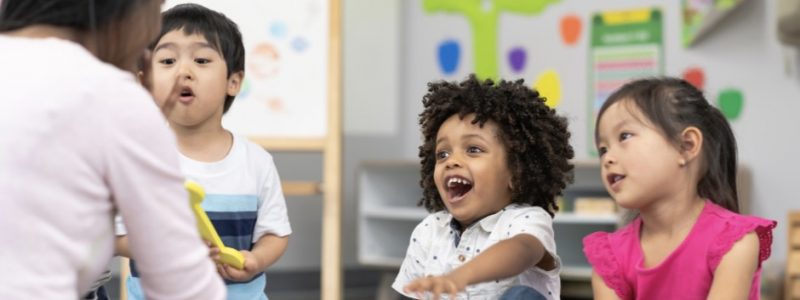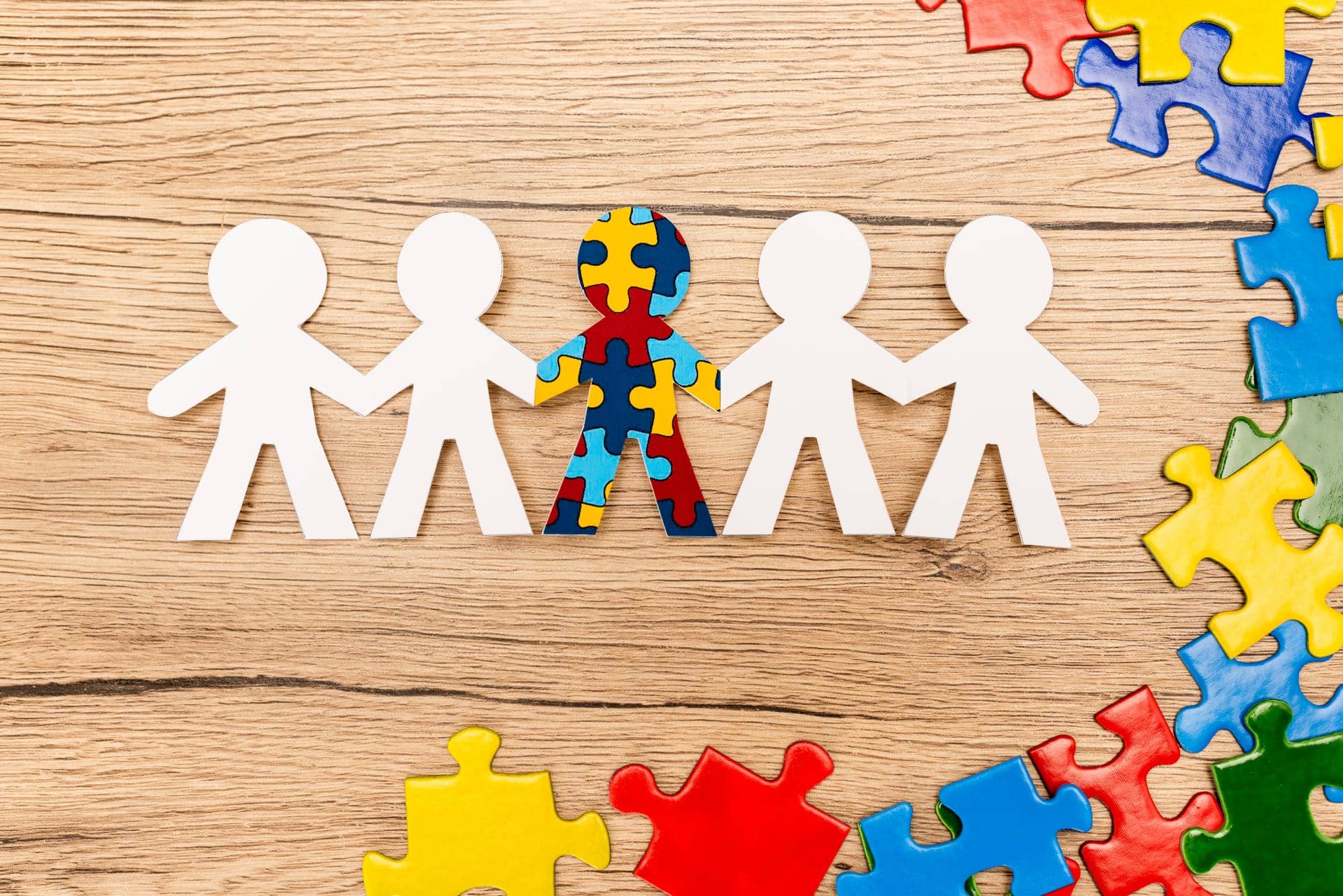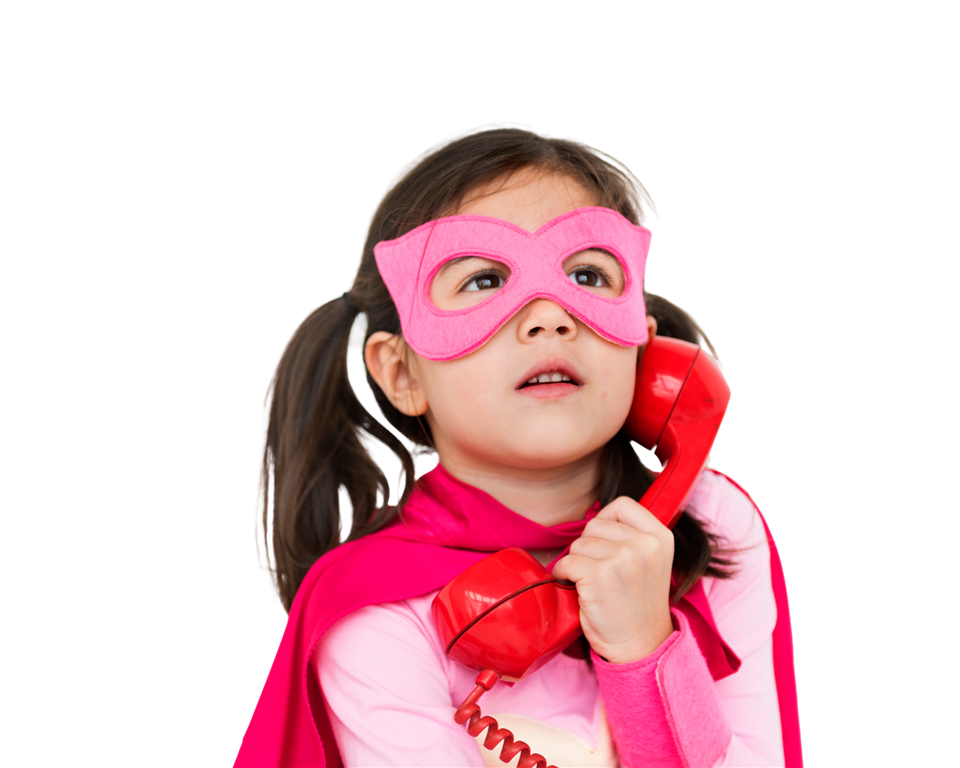

Jemma Carlisle
Jemma Carlisle has 31 years of professional experience in the ECEC sector. From Educator to ECT, director, regional leader, general manager, consultant and speaker, TAFE teacher, co-leader of national campaigns and a media representative. Jemma is passionate about social justice, high quality service operations, children’s rights and increasing the professional recognition of early childhood educators within society and government.
Keeping children safe is our number one priority.
As an Early Childhood Educator, you have automatically signed-up for the legal responsibility of being a mandatory reporter of child abuse and/or neglect.
We should see ourselves as champions of children’s rights, willing to do whatever it takes to ensure children’s health, safety and wellbeing is protected.


So what does Child Protection mean?
In Practice:
Every Educator is required to protect children by reporting any harm, abuse or neglect that a child may endure. This can range from harm inflicted by family members, staff at the service or other people that come into contact with the child.
There are many ways to keep children safe. All services should have a Child Protection policy and child protection information should be included in inductions. ECEC services should ensure that everyone who works with children:
– has a current Working with Children Check (WWCC)
– understands the indicators of abuse and neglect
– develops and retains trusting relationships with families
– makes every effort to understand each child’s typical behaviour(s)
– ensures effective supervision strategies are always adhered to
– knows what to do if they have a concern about a particular child or a person who is working directly with children
– knows who is in charge of the service
We should see ourselves as champions of children’s rights,
willing to do whatever it takes to ensure children’s health,
safety and wellbeing is protected.
What the Law states:
There are many laws and regulations that cover Child Protection at a state and national level. The Children and Young Persons (Care and Protection) Act 1988 (the Care Act) is the overarching framework for Child Protection in NSW. The Guardian Act 2019 (Children’s Guardian Act) and the Child Protection (Working with Children) Act 2012 are also pieces of legislation directly related to keeping children safe. Click here for more information.

What are the responsibilities of a Casual Educators?
The legal responsibility to keep children safe and the requirements of being a mandatory reporter are the same for casual staff and permanent staff.
What is different for a casual Educator, is your relationship with families, the children, and the service. Therefore, it is important that you become familiar with the Child Protection policy at each of the services you attend. Even if you are not familiar with the Child Protection policy at a service and you have a concern about a child’s welfare, it is still a requirement that you take action.
All nominated supervisors and persons in day-to-day charge are required to have completed approved child protection training. For all other staff, it is the requirement of the service’s management to be able to demonstrate that all staff working with children are aware of the related child protection laws.
The legal responsibility to keep children safe is the same for casual staff and permanent staff.
If a situation arises where you have concerns about a child’s health or safety in relation to a staff member at the centre, or in relation to the care the centre is providing and you are uncomfortable talking to anyone at the centre about your concerns, it is critical that you call the Child Protection Hotline as quickly as possible.
Helpful information can be found here.


What to do if you have a concern
The first thing you should do is document and record your concern in detail. Be sure to include the date, time, observation, concern, and the people involved.
If you feel the child is at immediate risk of harm, you should call the police.
If you are not concerned that the child is at immediate risk, you should talk to the Centre Manager or the person who is in charge, right after you have recorded the incident.
The legal responsibility of being a mandatory reporter still sits with you as the Educator. By telling the Centre Manager it also sits with them, however, it does not replace or remove your legal obligations. You are still required to ensure the child’s safety, by either being aware that the service is undertaking an internal investigation or that a report has been made to the authorities. Tell the Manager that you will be following up with them so that you can stay informed of the progress


Step by Step
- Document and record;
- Ask for the Child Protection policy if you do not already have a copy. Follow the guidance that the policy offers;
- Depending on the severity of the concern – either make a report immediately or disclose to the Centre Manager;
- If the Centre Manager says that they will undertake an internal investigation, ask to be kept informed of progress. Let them know that you need to fulfil your mandatory reporter requirements;
- At any time in the process, if you are unsatisfied or if your concerns become more serious, call the child protection hotline, and discuss your concerns;
- If you stop attending the centre, send the Centre Manager an email requesting a progress report and remain in contact. At any time if you feel the concern has not been given the attention it requires, call the child protection hotline.
The first thing you should do is document and record your concern in detail. Be sure to include the date, time, observation, concern, and the people involved.
Professional Development
There are a number of registered training organisations that offer Child Protection training. It is highly recommended for your own professional learning that you undertake specific training in this area. Remember, if you are working at a centre when they are going through Assessment and Rating you may be asked questions in relation to Child Protection.
Further reading and contact numbers:
Family and Community Services Child Wellbeing and Protection Laws NSW
Family and Community Services Making the Report
Australian child protection legislation
Child protection helpline 132 111
If you feel that you need assistance to make a report, due to speaking a language other than English, you can contact the translating and interpreting assistance on 131 450.





